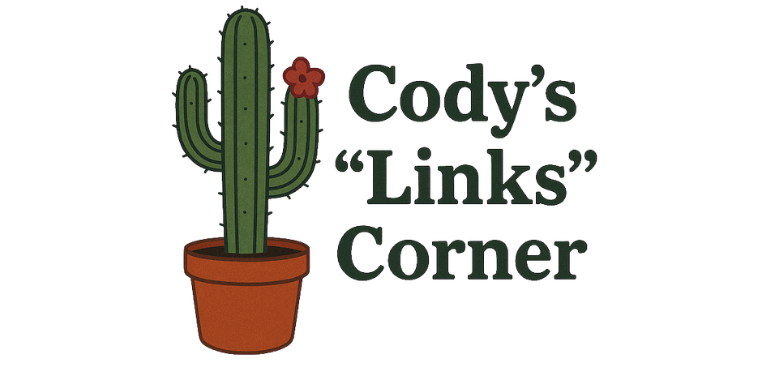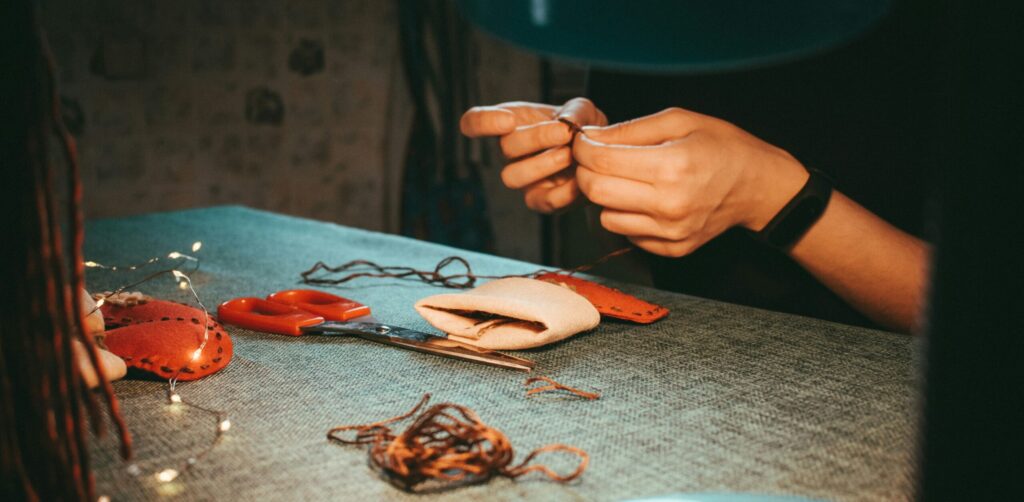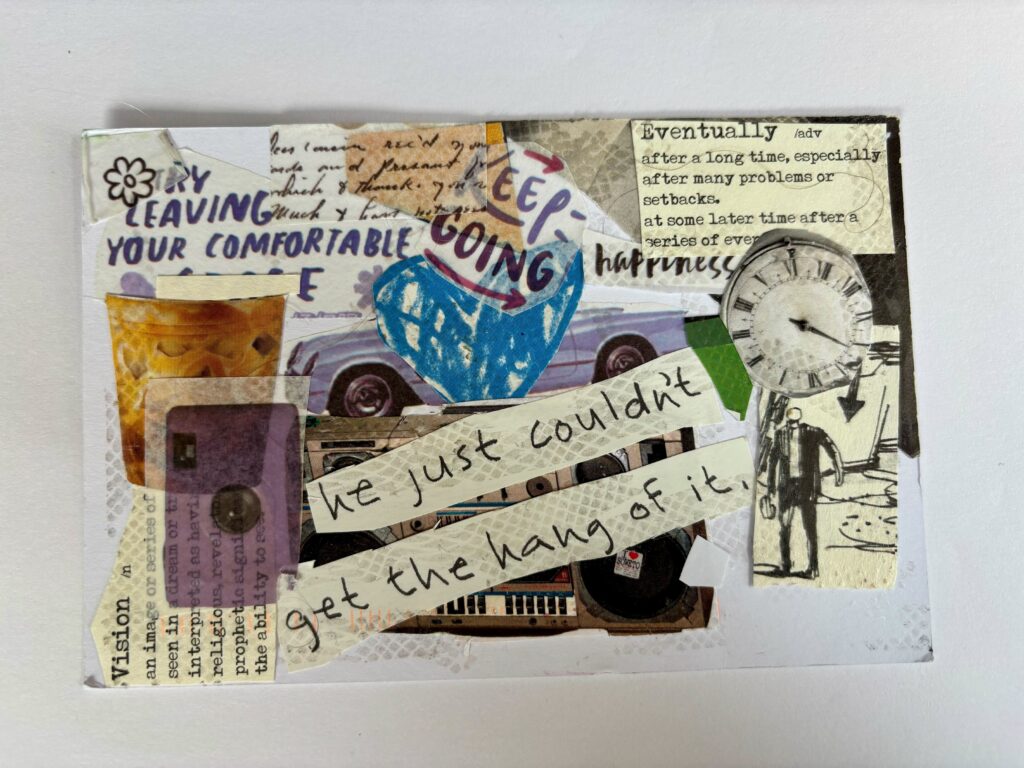The time has come! Our first book club has begun of Planet Cancer! I first proposed this back in March, and then firmly announced our start date in June. Since then I’ve talked with a number of young adult survivors and caregivers about this book and about other possible titles for future book clubs. I’m really excited about this project and about chatting together about young adult cancer and its complications.
If you are just getting on board, are interested in reading Planet Cancer along with us, and are also interested in having your thoughts and comments on each chapter published here on Lacuna Loft, email me at mallory@lacunaloft.com! I can send you an autographed copy of the book! (first come, first serve) If I’m out of autographed copies of the book, you can still join in and have your thoughts broadcast here.
Ok, the last of the logistics from me: we will talk about a chapter each Monday until the book is done. Then, we’ll use one more Monday to talk about general feelings from the book and anything else you’d like to discuss. We’ll also have a great “meet the author” post coming up! Join in, in the comments every week! Also, there will probably be spoilers. Read along with us!
—
Let’s get started! Chapter 1!
This book seems awesome to me so far. The first chapter, Diagnosis, talks about just that, everything having to do with your diagnosis. From the moment that you’re told about your cancer, to the must do activity of getting a second opinion, to asking (and asking again if you need to) about fertility saving techniques before starting treatment, to the day you start researching your diagnosis (or decide not to), to having a potential misdiagnosis…this first chapter covers everything related to your initial diagnosis.
The personal stories were very relatable and the specific suggestions were spot on with things that I found helpful during my own diagnosis. They go from topic to topic with ease, working in actionable items and tips, along with personal accounts from other young adult cancer survivors. The fact is that glossing over asking about things like second opinions or fertility saving techniques may seem easier than doing the work and asking at the time of diagnosis…but you WILL want to get all of the information that you can as early as you can get it. I actually didn’t want a second opinion (which the book emphasizes is VERY important) but scheduled one in the city where I grew up in order to appease my husband. Sure enough, at that larger hospital there was a clinical trial that saved me from radiation treatments all together…(a great time for long term health, statistically).
(Another note and tip: when scheduling a second opinion, it is important to actually be referred (and use the phrase referral) when calling about the appointment. Otherwise you won’t jump up to the top of their availability and might be looking at a chat with that second opinion physician months, instead of weeks, later).
One thing that was not mentioned, that horrible time between diagnosis and treatment, affectionately referred to as the Oh Shit Window (OSW). Maybe this will be discussed later on? I’m looking forward to the next chapter. This would have been a great resource to have had during my diagnosis and initiation into Young Adult Cancerhood.
The first thing I read in Chapter 1? Remember this: It’s completely understandable if your wits go AWOL upon hearing the C-word.
What a good reminder. Because at the very second you hear the C-word, you P-A-N-I-C. And then you go into shock. And then you say to yourself, “oh, shit.”
The chapter gives good advice and steps for what to do after you hear the C-word: be active and ask questions, get a second opinion, get organized, and rally the troops. Thinking back to my experience, I now realize how important being active and asking questions was. I asked lots (in addition to the hundreds my parents had).
I consider myself lucky. I appreciate people who are straight and to-the-point. My surgeon was just that. He didn’t fluff things and he certainly didn’t give me false hope. He sat there and answered every question (even if one was asked multiple times) and that’s exactly what I (and my parents) needed. We needed to know what the plan was, what the options and risks were, and what to expect (even if it gave us lumps in our throats). Knowing all the information gave me a sense of control.
The book is right – most people are scared to ask for a second opinion and I totally get it. You are so consumed with getting the C-word out of you as quickly as possible that it may seem stupid to get a second opinion (because time is of the essence). Or you might be scared of what you will hear. Or perhaps you don’t want to know how much it’s going to cost. None of those things are stupid. It’s your life and you must be in control. Being 100% comfortable with the plan of attack and trusting your team of health professionals is essential to all steps in the process. It makes all the difference in the world.
Fertility. I’m glad the book talks about this. When diagnosed at 21, it was the last thing on my mind as I’m sure it is for many young adults. When you are ready to dive in to whatever treatment you need, it’s probably something that’s easy to forget about. And when you’re young, you don’t know what the future holds and what you’ll want down the road. Knowing your options is essential and the book provides a great resource, Fertile Hope.
Side note: I love the honest stories in the book. The fertility section has some good ones.
Research. We’ve all read WebMD a time or two and freaked ourselves out. I certainly did – it’s hard not to. Even after I was given the clear, I still researched a lot. I do to this day. But as the author notes, “think about it and don’t forget it. You are a statistic of exactly one.”
There are certainly pros and cons to research. My favorite pro mentioned: As a patient, you only have to research one kind of cancer and one situation: yours. I agree. Be your own advocate. Do your own research. The book gives some sound tips on how to start, where to look (and not look!), and when to stop (because really, there will be times when you need to peel yourself away from the computer). It’s totally normal.
—
Thanks for joining us for our first book club post, Chapter 1: Diagnosis of Planet Cancer! Join in next Monday for Chapter 2: Getting Your C-Legs.







